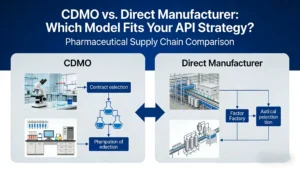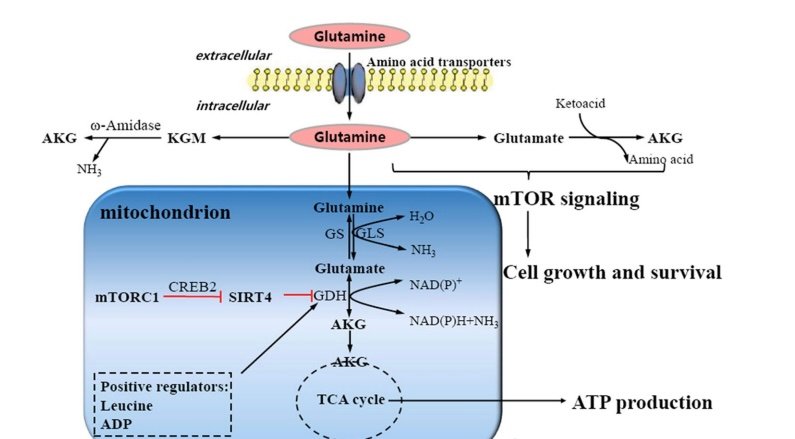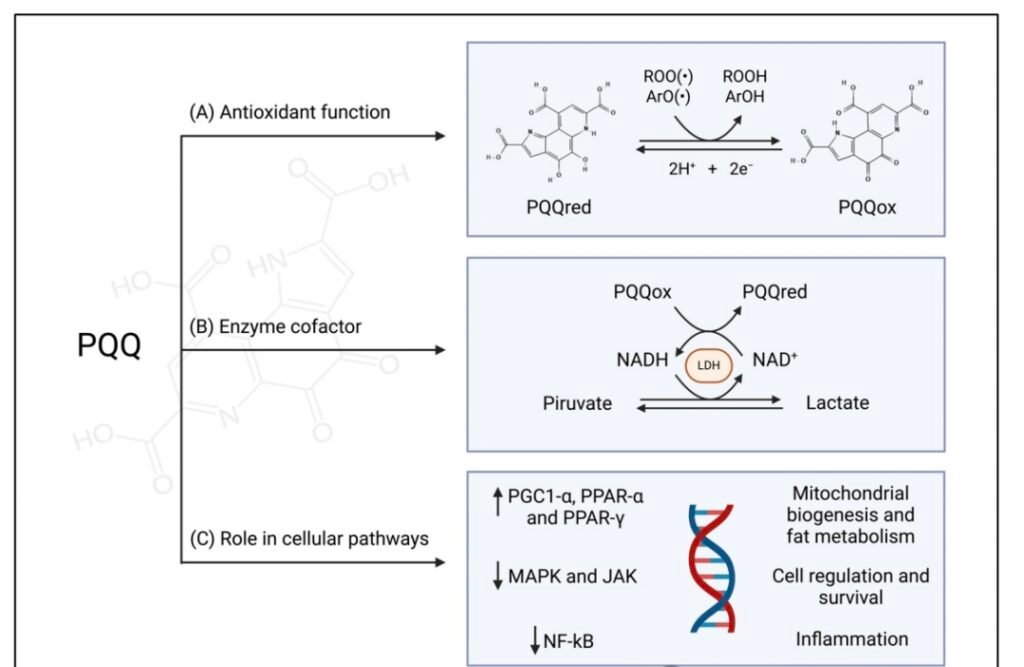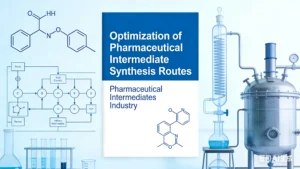Ergothioneine (EGT)
Ergothioneine is a natural amino acid derivative found primarily in mushrooms, black tea, and certain animal tissues. Known as the “longevity molecule,” it has attracted significant attention for its antioxidant and cytoprotective properties.
Main Functions of Ergothioneine:
Antioxidant and Anti-Inflammatory: EGT is a unique cellular antioxidant that protects mitochondria and DNA within cells from oxidative damage. Promotes Cell Repair: EGT can reduce oxidative stress-induced damage to proteins and lipids, helping cells restore normal function.
Anti-Aging and Immune Modulation: By regulating the immune system, EGT helps slow the progression of aging-related diseases.
Comparison of the Anti-Aging Mechanisms of the Three Major Ingredients
Functional Mechanism | AKG | PQQ | Ergothioneine |
Mitochondrial Function | Provides metabolic substrates, enhances energy production | Promotes mitochondrial biogenesis, repairs mitochondrial damage | Protects mitochondria, reduces oxidative damage |
Antioxidant Capacity | Indirect antioxidant, reduces oxidative stress by lowering inflammation-induced ROS | Super antioxidant, eliminates free radicals | Precise antioxidant, protects proteins and DNA |
Anti-inflammatory Effect | Inhibits pro-inflammatory factors, reduces chronic inflammation | Suppresses inflammatory response | Modulates immune system, reduces inflammation |
Cell Repair | Improves metabolic environment, slows down cellular aging | Enhances cell vitality, reduces oxidative stress | Repairs oxidative damage, maintains cell integrity |
Unique Advantage | Directly involved in metabolism, improves whole-body energy metabolism | Promotes mitochondrial biogenesis, core supporter of mitochondrial function | Precisely protects cellular structures, delays aging |
Application Scenarios and Market Potential of the Three Major Ingredients
- Application Scenarios
AKG: Suitable for use in anti-aging dietary supplements, sports nutrition products, and energy metabolism-enhancing products for the elderly.
PQQ: Widely used in mitochondrial function-enhancing supplements, anti-fatigue products, and brain health support products.
Ergothioneine: More suitable for use in high-end anti-aging skincare products, immune-modulating products, and antioxidant functional foods.
- Market Potential
According to the “Global Anti-Aging Market Report, 2023,” the global anti-aging market is projected to reach US$120 billion by 2025, with a compound annual growth rate of 7.8%. Functional ingredients such as PQQ, AKG, and ergothioneine are increasing their market share annually.
AKG: Due to its direct involvement in metabolic cycles, it is expected to occupy a significant position in the sports nutrition and anti-aging markets.
PQQ: Leveraging its core role in mitochondrial function, PQQ will continue to dominate the anti-fatigue and brain health markets.
Ergothioneine: As a high-end antioxidant ingredient, EGT has great application potential in skin care products and immune products, and is especially favored by female consumers.
Which of the Three Ingredients is Most Effective? Who is it Suitable for?
- Suitable Groups
AKG: More suitable for middle-aged and elderly individuals, sports enthusiasts, and those seeking to improve energy metabolism and physical stamina.
PQQ: Suitable for consumers concerned with brain health, fatigue resistance, and mitochondrial function, especially those experiencing long-term work stress.
Ergothioneine: Suitable for high-end consumers focused on anti-aging skin, immune enhancement, and overall health maintenance.
- Overall Evaluation
From the perspective of mitochondrial function and fatigue resistance, PQQ performs more prominently. From the perspective of metabolic regulation and systemic anti-inflammatory, AKG is the preferred choice. For cell protection and targeted antioxidants, ergothioneine undoubtedly holds the upper hand.
Conclusion and Outlook
AKG, PQQ, and ergothioneine, as the three major anti-aging ingredients, have demonstrated remarkable biological effects and market potential. Each of these ingredients has its own distinct focus in the anti-aging field.
Their combined use in the future may provide consumers with more comprehensive and effective anti-aging solutions. Whether in dietary supplements or functional skincare products, these ingredients will play a significant role in the anti-aging market.
Email: sunqian0123@gmail.com





